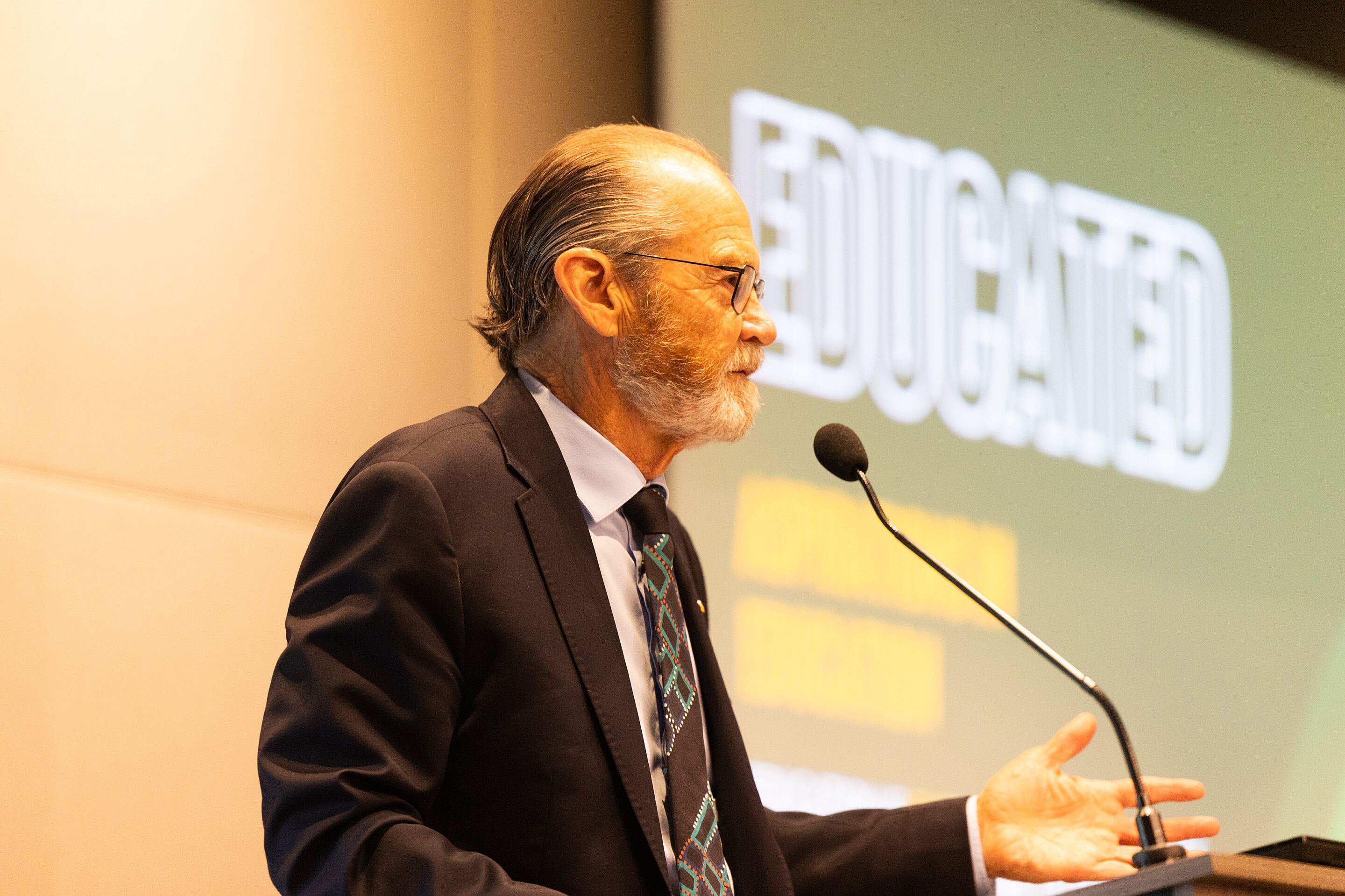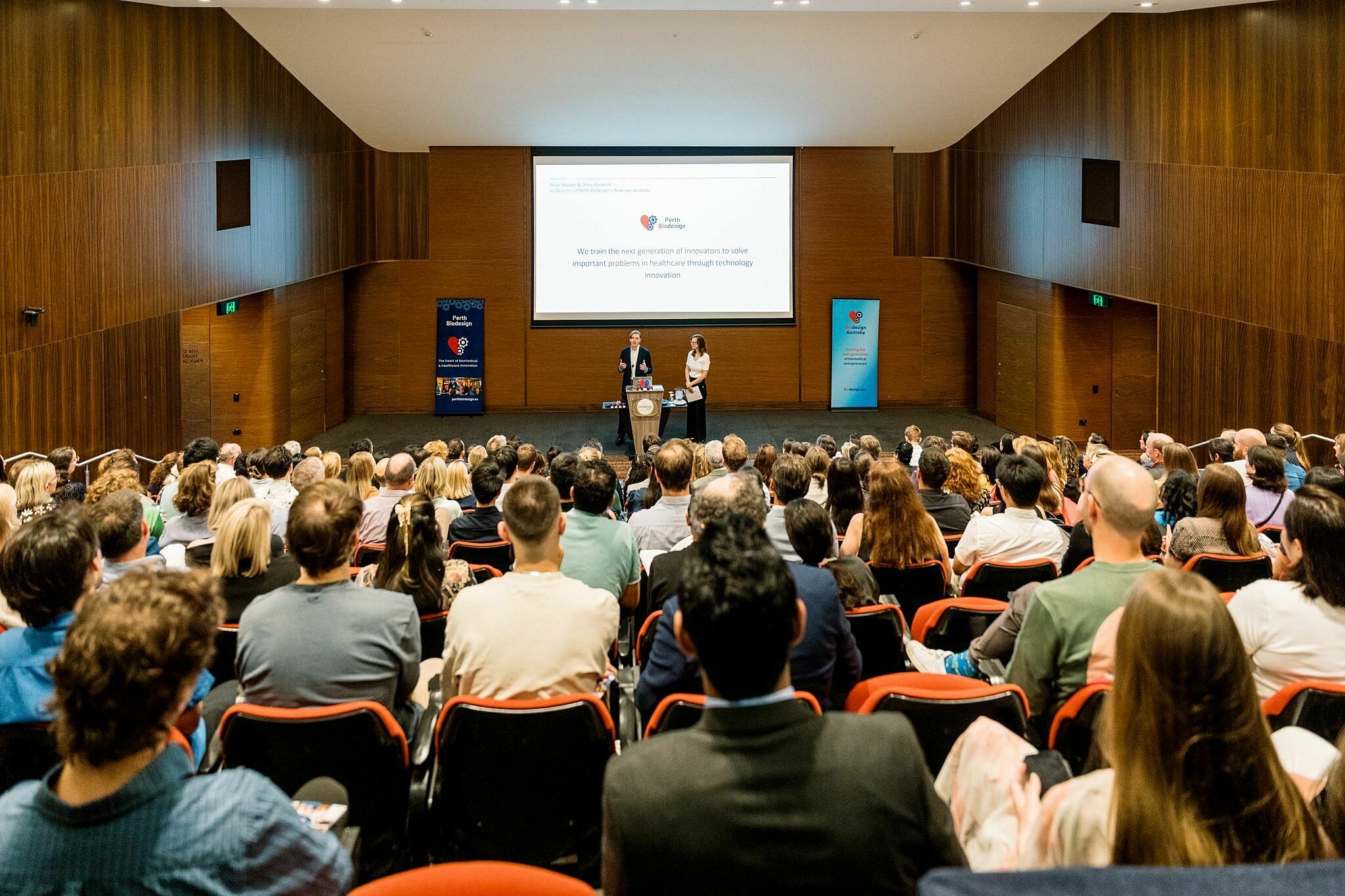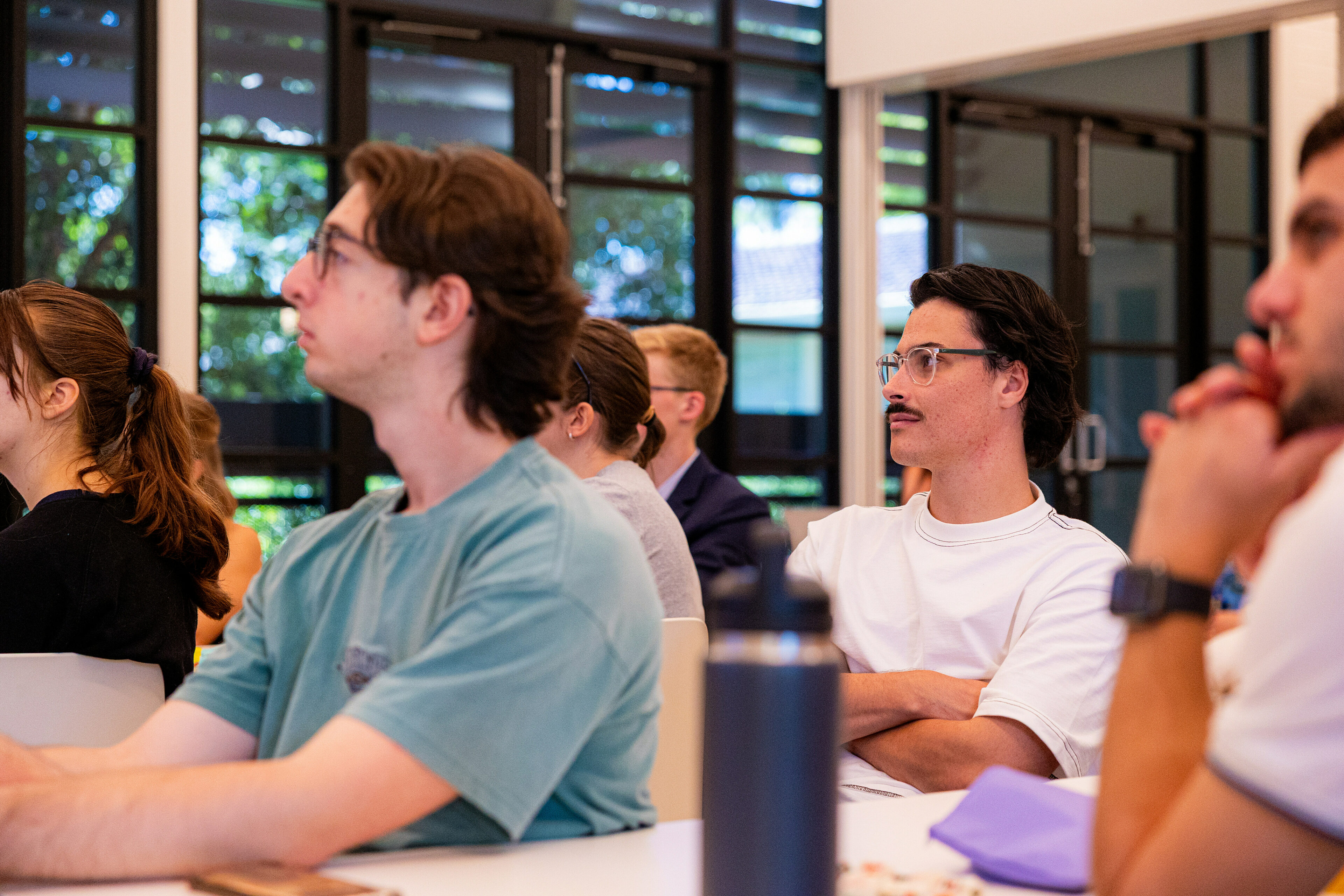
Alumni Stories: Interview with Sasha Quahe
Exploring Global Sustainability Through a Complex Systems Lens: An Interview with Sasha Quahe
Sasha Quahe, a UWA Fogarty Scholar Alum, is a passionate advocate for sustainable development and an emerging leader in sustainability science research. Currently a PhD candidate at the Stockholm Resilience Centre in Sweden, Sasha's research delves into the philosophical foundations of how change occurs in social-ecological systems, with a focus on the role that crises play in triggering or inhibiting positive transformations.
Sasha's path to sustainability science was shaped by her diverse academic background. She began her academic journey at the University of Western Australia, where she studied Political Science, International Relations, and Economics. "My interests in history, literature, language, and activities like debating and UN Youth in high school naturally led me to explore the social systems of the world," she recalls. "As I learnt more about Economics and Political Science, I became increasingly curious about climate politics and environmental issues."
A pivotal moment in her academic career came during an exchange program in Grenoble, France, where she studied climate change diplomacy. "That experience sparked my interest in environmental politics," Sasha shares. This newfound passion eventually guided her to pursue a Master's degree in Social-Ecological Resilience for Sustainable Development at the Stockholm Resilience Centre. Her thesis focused on the framing of science-based target setting for various global environmental issues. "Complex systems science shows us that what we think of as ‘environmental’ issues are also very much about people," Sasha explains. "We live in complex systems where people and nature interact in so many different ways. I want to understand how we can influence these systems toward sustainability."
Before transitioning fully into sustainability research, Sasha gained valuable work experience in the legal industry, particularly in communication and education. "Working at the law firm helped me develop skills like explaining complex ideas and organising educational workshops. These skills are important for working with sustainability," she notes.
Her experience in the legal field provided her with practical skills that continue to be valuable in her research career. "I realised that research was my way to contribute to making a difference," Sasha explains. She has worked on translating Planetary Boundaries science into a business context, focusing on improving the monitoring of primary sectors' environmental impacts. Her other projects have addressed the plural valuation of nature and the role of seaweed in climate change mitigation.
As a PhD candidate, Sasha is committed to advancing our understanding of complex social-ecological dynamics and supporting real-world change for sustainability. "My day-to-day work involves reading relevant research, planning my project, and collaborating with colleagues on related topics," she says. Her current project examines how change happens in food systems. That change could be a transformation towards a more desirable state, but it could also be change that is experienced as crisis. "By understanding change and stability in systems, and how that is experienced as positive or negative by different groups of people, at different moments, we can better grasp the underlying dynamics that keep the current system in place and identify possibilities for scaling up more sustainable practices."
Discussing the challenges in achieving global sustainability, Sasha highlights the feelings of powerlessness and disengagement that many people experience. "There’s a lot of inertia in the system," she says. "But people acting together really can shift things. I think it will help to be able to talk about issues like climate change, to not ignore it, but process how we feel. There is always hope that we can improve things, at least to some degree. We need to help each other out and keep trying to do better.” When talking about how to improve corporate sustainability, she underscores the importance of science-based target setting in pushing companies to improve their climate strategies. "The exponential growth of climate-related targets in various sectors is a result of collective efforts by NGOs, scientists and companies, guided by frameworks like the Task Force on Climate-related Financial Disclosures. When companies set ambitious targets, it can cross a tipping point in which it ripples out through the whole sector to become the new norm. Ambitious targets, supported by the board and CEO, give sustainability teams the mandate to propose bolder actions internally.” Taking a step back, she explains that our actions arise from mindsets and values. “Ultimately, we need to prioritise people and planet, rather than pursue profit at any price. This is a very big challenge given our economic system. But progress is possible."
Sasha’s commitment to sustainability extends beyond academic research. She has been actively involved in various non-profit organisations, including Ignite Mentoring and UN Youth WA. "These roles have allowed me to contribute to local education initiatives and address international issues," she reflects. These experiences have shaped her views on the importance of peer-to-peer learning and mentoring in promoting sustainability. "Education plays a crucial role in promoting sustainability. We could integrate sustainability thinking into various subjects at school and university, and embrace more hands-on learning activities, for example with field trips," she suggests.
Looking to the future, Sasha hopes that sustainability research will continue to grow and involve non-academic actors to drive change beyond universities. "This is a growing, action-oriented field with the potential to make a real impact on global policies and practices," she says.
To young professionals and students passionate about sustainability, Sasha’s advice is to embrace the journey. "Follow your interests and use your unique talents to contribute to meaningful causes," she encourages. "Sustainability can be integrated into various fields, and there are many ways to engage with ethical questions both within and outside of your career."
Latest News

EDUCATED 2026

Perth Biodesign 2025: Sparking Innovation in Healthcare

